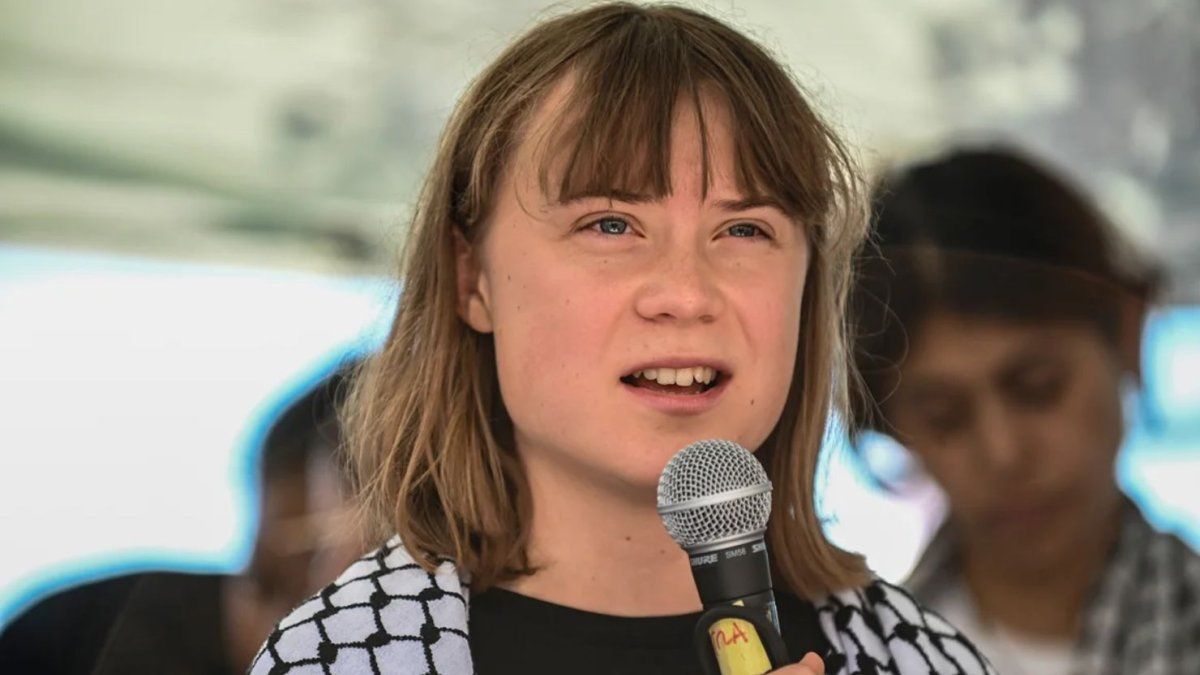I have been working in the news industry for over 6 years, first as a reporter and now as an editor. I have covered politics extensively, and my work has appeared in major newspapers and online news outlets around the world. In addition to my writing, I also contribute regularly to 24 Hours World.
Menu
Conference of Interior Ministers: Faeser does not want any “sham debates” on asylum policy
Categories
Most Read
Security and defense: Pistorius sends fighter jets to Poland for NATO protection flights
October 15, 2025
No Comments
Dispute over military service: Union insists on changes to Pistorius draft
October 15, 2025
No Comments
Hostages from Gaza: This is what they looked like before the kidnapping – and this is what they looked like after
October 15, 2025
No Comments
Retirement provision: Cabinet decides on active pensions – overall package
October 15, 2025
No Comments
Israel: Body handed over by Hamas was not hostage
October 15, 2025
No Comments
Latest Posts

Divorces: keys to understanding if it is your responsibility to ask for money
October 15, 2025
No Comments
Lisa HarrisI am an author and journalist who has worked in the entertainment industry for over a decade. I currently work as a news editor

There were bullet holes and traces of blood
October 15, 2025
No Comments
October 15, 2025 – 11:12 The Swedish activist recounted the humiliation she suffered after being detained by Israel and warned that what she experienced reflects

This is the bank that pays the most interest today, Wednesday, October 15, 2025
October 15, 2025
No Comments
October 15, 2025 – 11:10 With the latest update from the Central Bank, banks adjusted the interest rates on fixed terms. Today, entities offer returns
24 Hours Worlds is a comprehensive source of instant world current affairs, offering up-to-the-minute coverage of breaking news and events from around the globe. With a team of experienced journalists and experts on hand 24/7.

